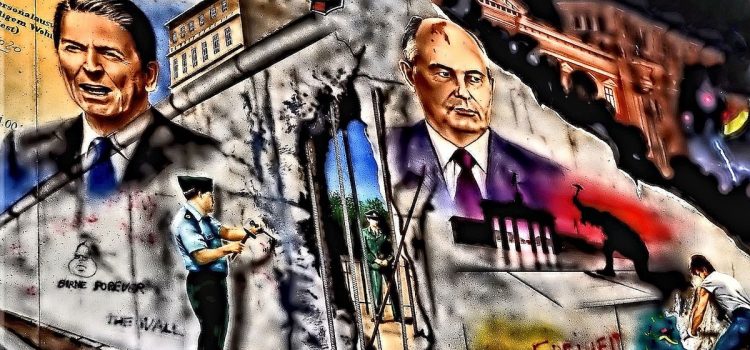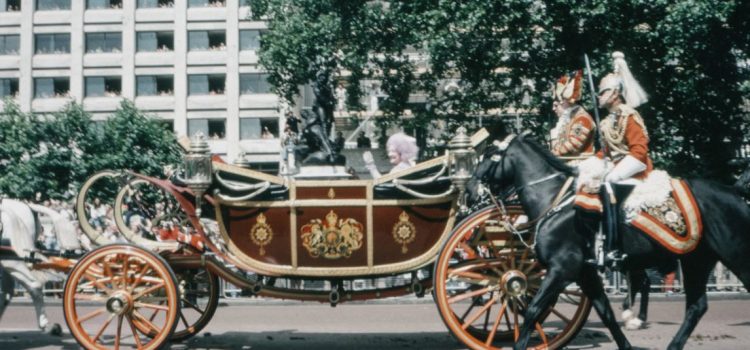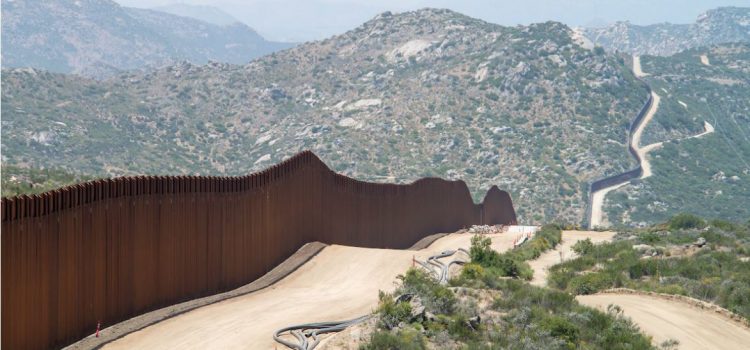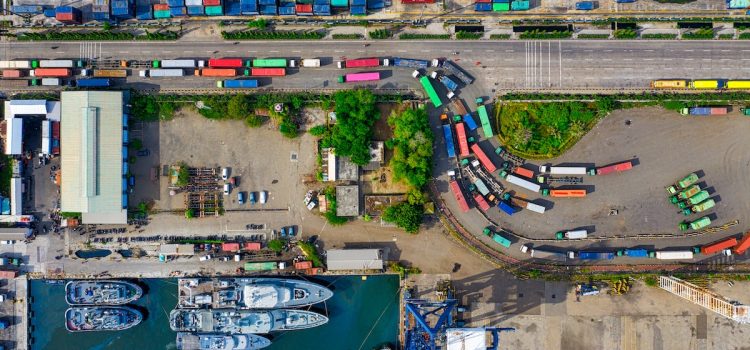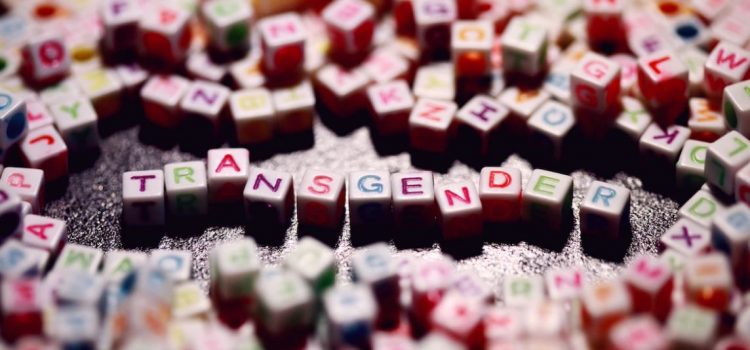What is Ibram X. Kendi’s theory of racism? What comes first—racist ideas or racist policies? In his book Stamped from the Beginning, Ibram X. Kendi presents a new theory of racism. Common wisdom holds that racist ideas lead to racist policies, but Kendi argues that the opposite is true. Keep reading to learn about Kendi’s theory of racism.
Ibram X. Kendi: A New Theory of Racism





